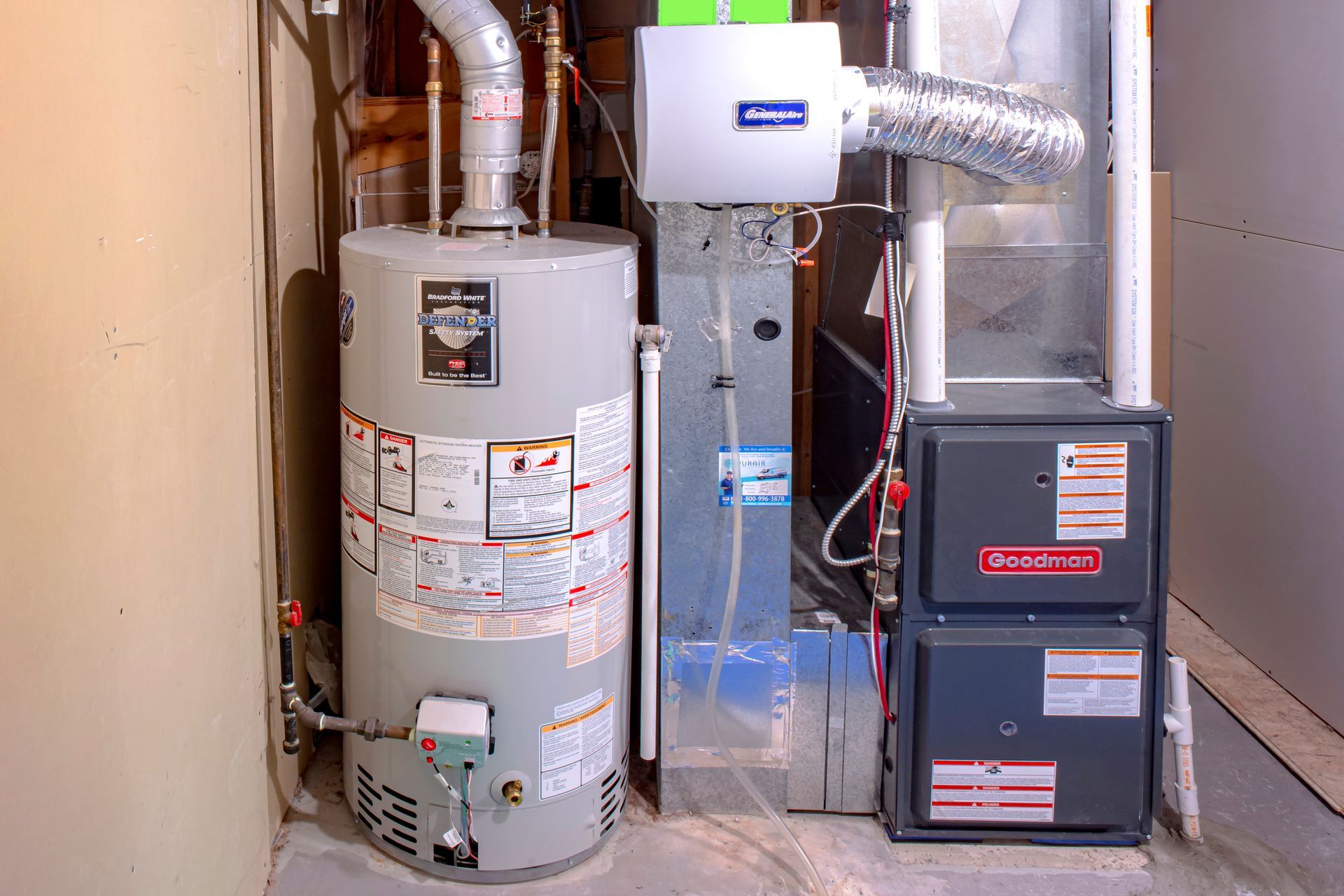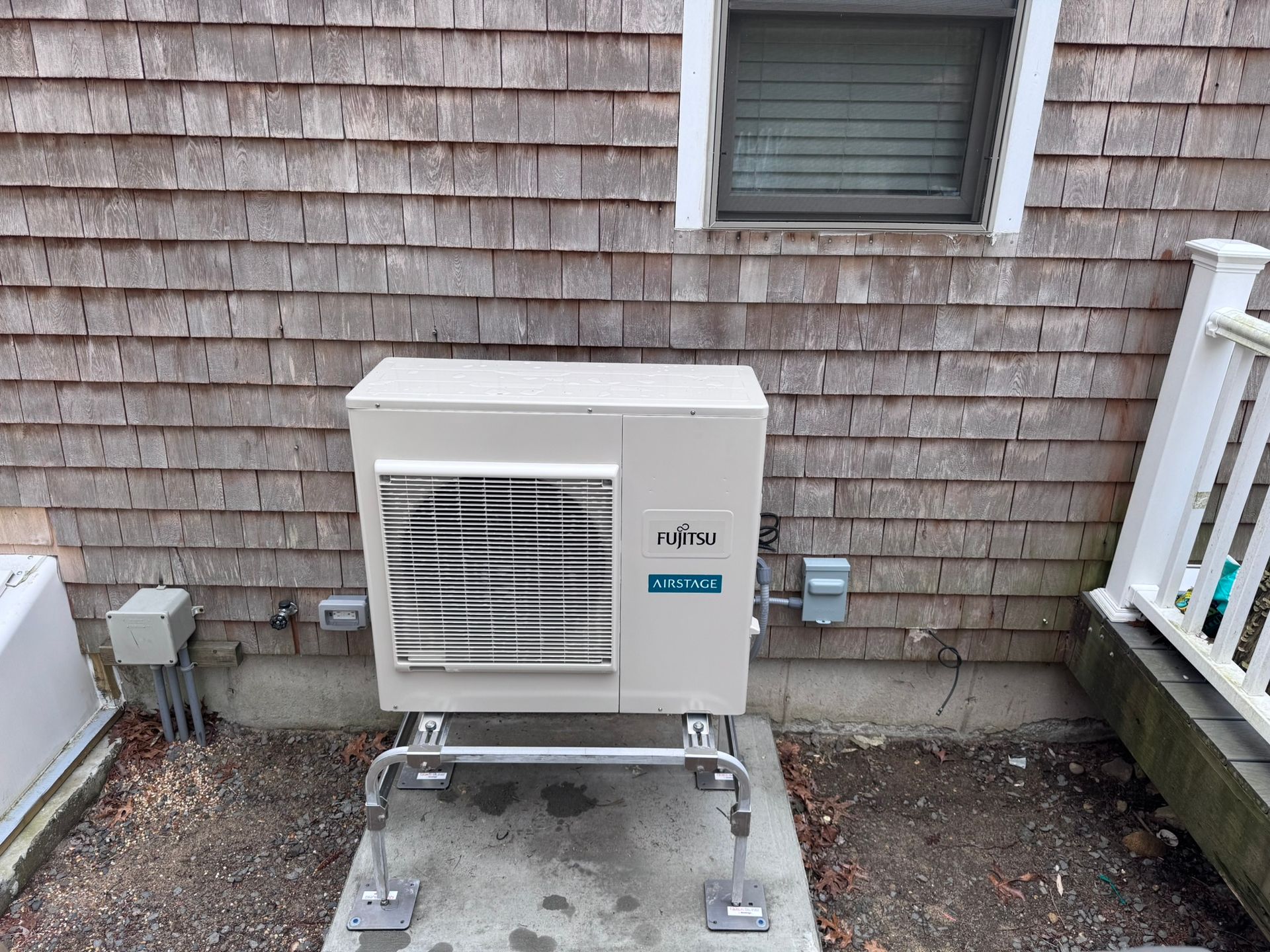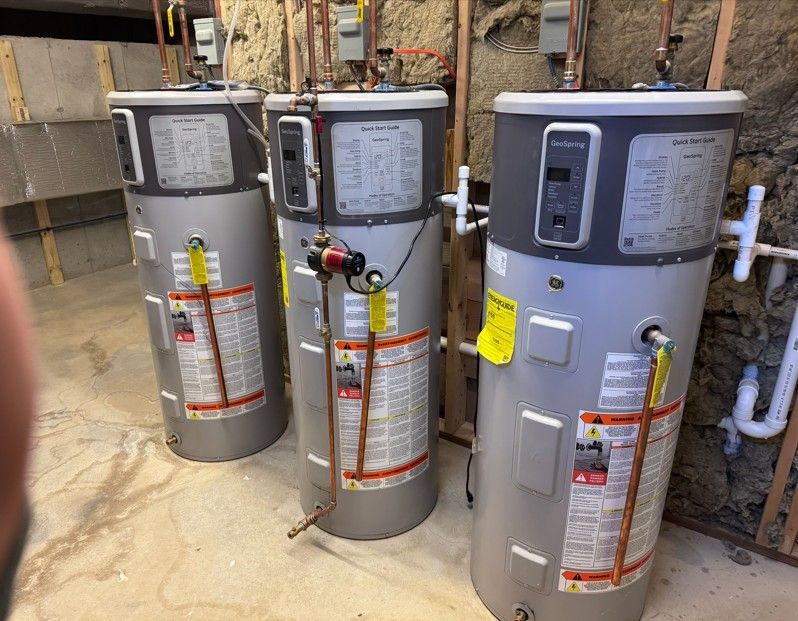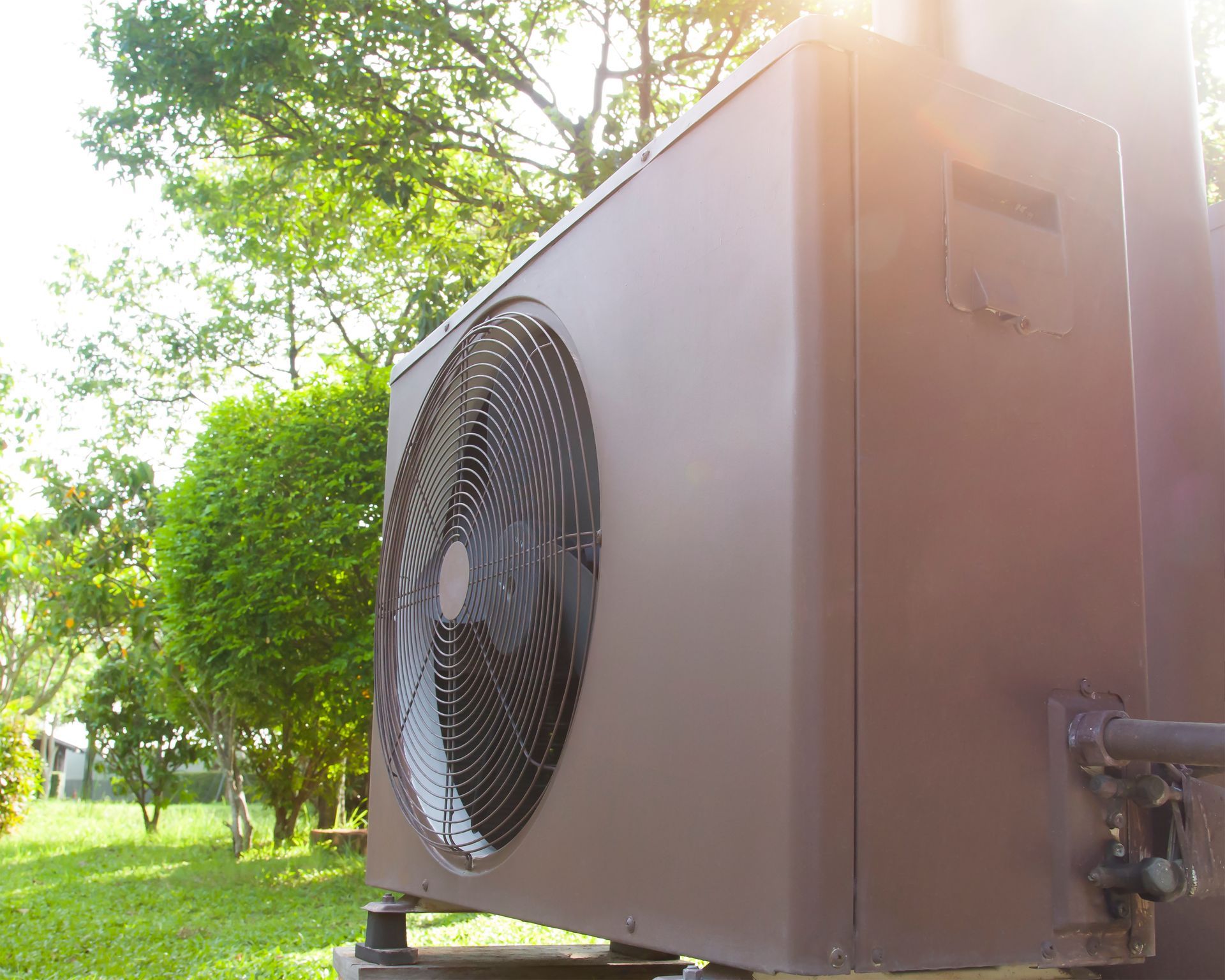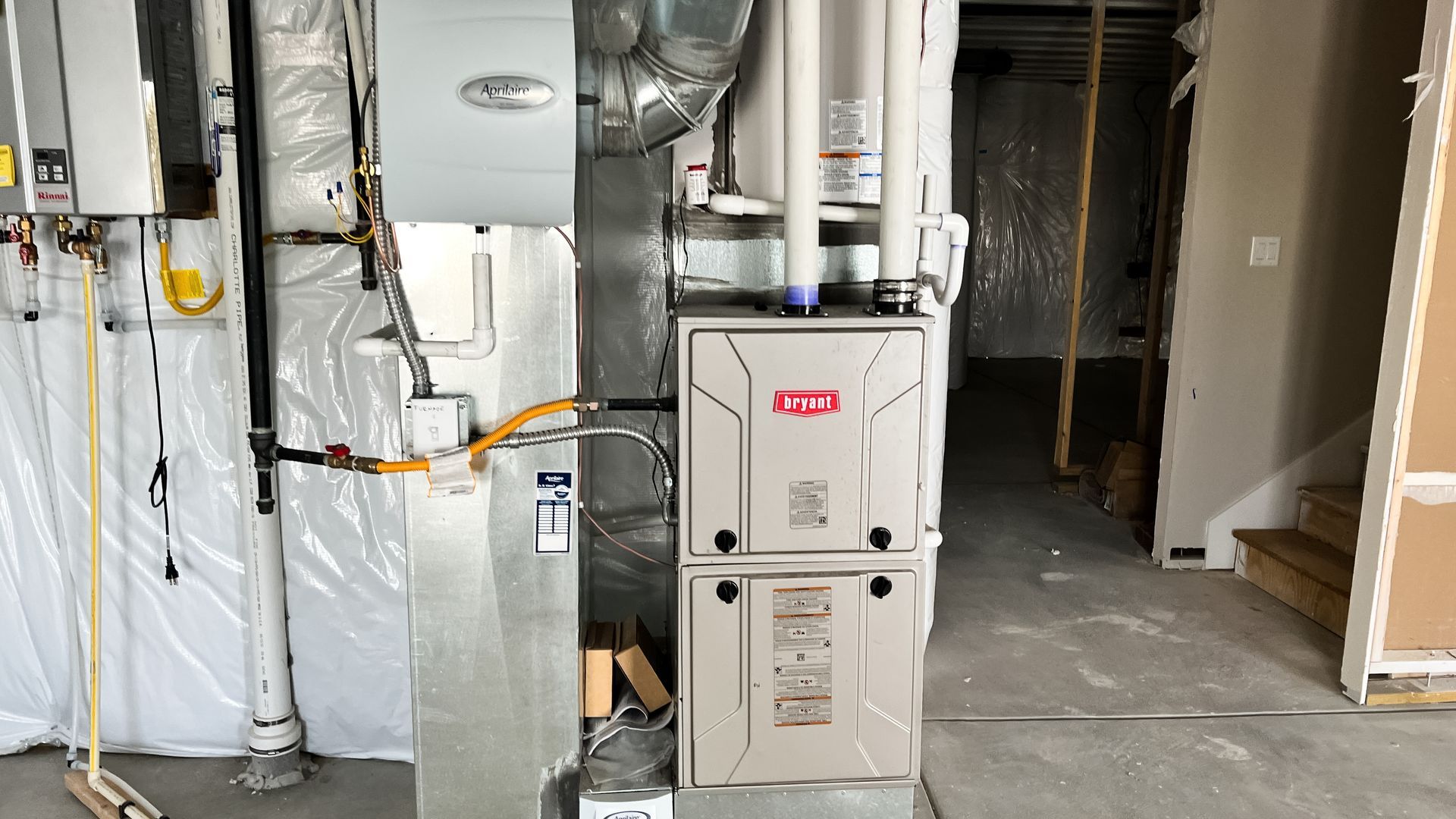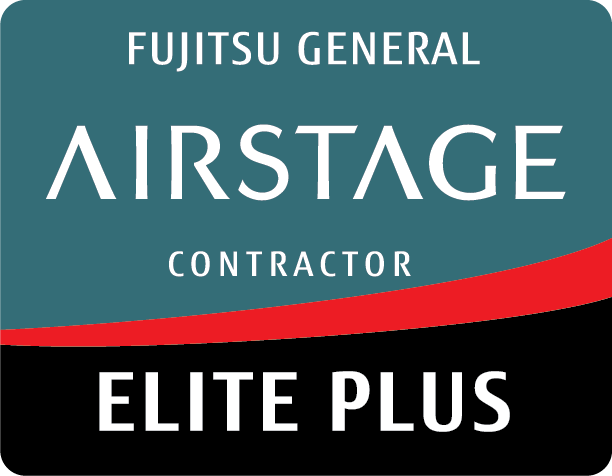Holiday Hosting: Water Heater Size, Recovery Time, and Upgrade Tips
November brings overnight guests, holiday baking, and extra laundry—exactly when hot water demand spikes. If your water heater struggles during Thanksgiving or early December gatherings, it’s often a sizing or recovery-time issue. Here’s how to right-size your system, understand recovery time, and decide whether a tankless or traditional upgrade makes sense for your home. All Seasons Heat Pumps helps homeowners across Cape Cod—from Bourne and Sandwich to Barnstable and Falmouth—prepare for stress-free holiday hosting.
What size water heater do I need for holiday guests?
Sizing depends on peak-hour demand, not just household size. For traditional tanks, look for the First Hour Rating (FHR)—how many gallons of hot water a heater can supply in an hour when starting with a full tank. For tankless systems, focus on Gallons Per Minute (GPM) output at your expected winter temperature rise.
Quick sizing guide
- Household of 2–3, light hosting: 40–50 gallon tank or 6–7 GPM tankless
- Household of 4, moderate hosting: 50–60 gallon tank or 7–9 GPM tankless
- Household of 5+, frequent guests: 60–80 gallon tank or 9+ GPM tankless
- Peak-use examples: Shower (2.0 GPM), dishwasher (1.5 GPM), washing machine (2.0 GPM)
Tip: Cape Cod’s colder winter inlet water means a higher temperature rise (often 65–75°F). That reduces a tankless unit’s effective GPM, so selecting a slightly larger model helps keep showers hot when multiple fixtures run.
How long does it take a water heater to recover?
Recovery time is how fast your system reheats water after heavy use. It varies by fuel type, tank size, and incoming water temperature.
- Gas tank water heaters typically reheat faster—often 30–40 minutes for a depleted 40–50 gallon tank under typical conditions.
- Electric tank water heaters generally take longer—about 60–90 minutes for a similar tank.
- Tankless systems heat on demand—no recovery time—but total flow is limited by GPM and temperature rise.
If your Cape Cod home has hard or well water, sediment can build in the tank, slowing recovery and reducing capacity. A professional flush can restore performance before guests arrive.
Tank vs. tankless: Which is best for your Cape Cod home?
Both systems can deliver reliable holiday comfort when sized correctly.
Traditional tank advantages
- Lower upfront cost
- Strong performance for simultaneous uses when paired with the right FHR
- Works well with recirculation loops for faster hot water at distant taps
Tankless advantages
- Endless hot water within GPM limits—great for back-to-back showers
- Higher efficiency and lower standby losses
- Space-saving, flexible installation, and long service life
Many families in Yarmouth Port, Dennis, and Harwich appreciate the convenience of tankless during guest season, while larger households in Plymouth or Mashpee often prefer a high-FHR tank to handle dishwashing, laundry, and showers at once. Our licensed team sizes systems precisely based on fixture counts, layout, and winter temperature rise.
Pre-holiday hot water tune-up checklist
- Flush the tank to remove sediment and improve recovery
- Test the temperature and pressure relief valve
- Set water temperature to 120°F for safety and energy savings
- Insulate accessible hot-water pipes in unheated areas
- Consider a high-efficiency showerhead to stretch capacity
- Ask about a recirculation pump for faster hot water at remote bathrooms
When to upgrade—and smart ways to save
If your unit is 10–12 years old, shows rust, or can’t keep up with guests, upgrading before the holidays can prevent inconvenient breakdowns. High-efficiency tanks and tankless models can cut energy costs, and many Massachusetts homeowners qualify for rebates and financing that lower upfront expense. All Seasons Heat Pumps completes most water heater installations in 2–4 hours, minimizing disruption during your busiest season.
Why local expertise matters
Coastal homes in Orleans, Eastham, and Wellfleet frequently have long pipe runs or crawlspace installations that affect flow and recovery. We account for these details—plus winter inlet temperatures and family hosting patterns—to recommend the right capacity, venting, and controls. The result is reliable hot water, better efficiency, and a quieter, cleaner mechanical setup for the holidays and beyond.
Make holiday hosting effortless
Don’t gamble on hot water during Thanksgiving prep or New Year’s guests. Schedule a water heater assessment with All Seasons Heat Pumps to confirm the right size, recovery performance, and upgrade path for your home. Call our local team or request your consultation at allseasonsheatpumps.com, and be ready to welcome guests with dependable, efficient hot water this November.


